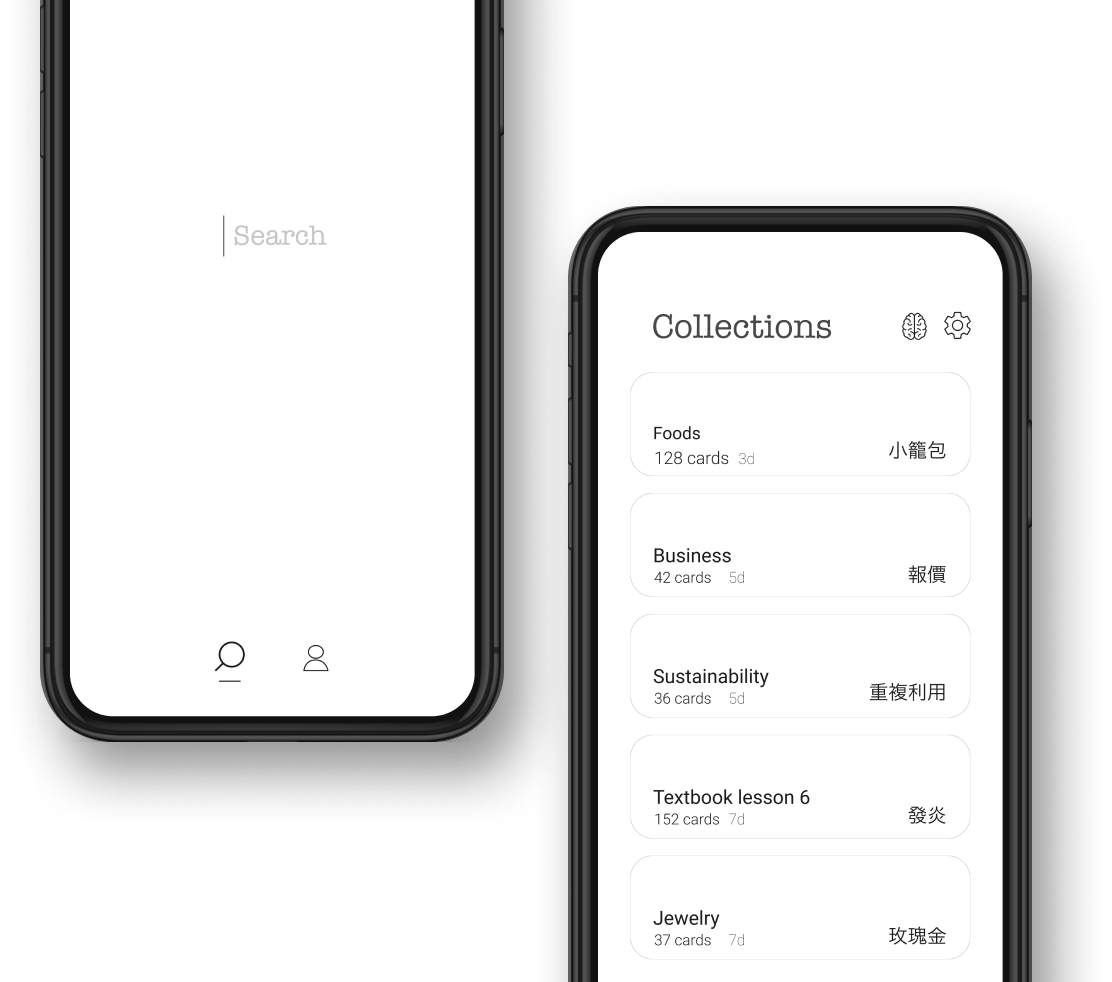Meaning of dāng:
当
to be; to act as; manage; withstand; ought; should; match equally; obstruct; to replace; to regard as; to think; to pawn; (coll.) to fail (a student)
Tā xiǎng dāng yīshēng.
他想当医生。
He wants to be a doctor.
Tā xīwàng jiānglái néng dāng yī míng jiàoshī.
他希望将来能当一名教师。
He hopes to become a teacher in the future.
Tā zài gōngsī lǐ fùzé dāng jīnglǐ.
他在公司里负责当经理。
He is responsible for managing as a manager in the company.
Tā nénggòu zài yālì xià dāng zhù.
他能够在压力下当住。
He can withstand pressure.
Zhège jiéguǒ yīng gāi dāng shì zhèngquè de.
这个结果应该当是正确的。
This result ought to be correct.
Nǐ zài zuò juédìng shí yīnggāi zǐxì sīkǎo, bù yīng cǎoshuài xíngshì.
你在做决定时应该仔细思考,不应草率行事。
When making decisions, you should think carefully and not act rashly.
Bǐsài jiéguǒ shì píng fēn qiūsè, liǎng gè duìwǔ de shuǐpíng xiāngdāng.
比赛结果是平分秋色,两个队伍的水平相当。
The result of the match was a tie, the two teams' levels were equally matched.
Zhè liàng kǎchē zài qiánmiàn bǎ dàolù dàng zhù le.
这辆卡车在前面把道路当住了。
The truck obstructed the road ahead.
Tā jiāng yīgè cuòwù de língjiàn dàng chéngle zhèngquè de.
他将一个错误的零件当成了正确的。
He replaced an incorrect part as the correct one.
Wǒ bǎ tā dàng péngyǒu.
我把他当朋友。
I regard him as a friend.
Wǒ rènwéi tā dàng wǒ péngyǒu.
我认为他当我朋友。
I think he considers me as a friend.
Tā zuótiān qù diǎndāngle tā de shǒubiǎo.
他昨天去典当了他的手表。
He went to pawn his watch yesterday.
Rúguǒ nǐ bù xuéxí, zhè cì kǎoshì nǐ kěnéng huì bèi lǎoshī dàng diào.
如果你不学习,这次考试你可能会被老师当掉。
If you don't study, you might get failed by the teacher on this exam.
when
Dāng tàiyáng shēngqǐ, wǒmen kāishǐ xīn de yītiān.
当太阳升起,我们开始新的一天。
When the sun rises, we start a new day.
during; just at; at or in the very same...
Dāng wǒ zài dúshū shí, wǒ bù xǐhuān bèi dǎrǎo.
当我在读书时,我不喜欢被打扰。
During the time I am studying, I don't like to be disturbed.
Dāng lǎoshī zǒujìn jiàoshì shí, xuéshēngmen dōu ānjìng le xiàlái.
当老师走进教室时,学生们都安静了下来。
Just at the moment when the teacher walked into the classroom, the students quieted down.
Dāng shí wǒ zhèng zài tú shū guǎn lǐ kàn shū.
当时我正在图书馆里看书。
At that time, I was reading in the library.
equal; same; right; suitable; adequate; fitting; proper
Tā de kǎoshì chéngjī hé wǒ de chéngjī bù xiāngdāng.
他的考试成绩和我的成绩不相当。
His exam results are not equal to mine.
Wǒmen zài tóng yīgè bān, dàngtiān de huódòng zhēn yǒuqù.
我们在同一个班,当天的活动真有趣。
We are in the same class, and the activities on that day were really interesting.
Tā shì yīgè zuòshì hěn yǒu dàng de rén.
她是一个做事很有当的人。
She is a person who does things very right.
Zhè jiàn yīfu tài dà le, bú tài dàng.
这件衣服太大了,不太当。
This piece of clothing is too big and not quite suitable.
Zhège gōngzuò duì tā lái shuō hěn héshì, shì yīgè hěn dàng de ānpái.
这个工作对他来说很合适,是一个很当的安排。
This job is suitable for him, it is an adequate arrangement.
Chuān zhèyàng de yīfú zài zhège chǎnghé hěn dàng.
穿这样的衣服在这个场合很当。
Wearing this kind of clothing is very fitting for this occasion.
Tā de xíngwéi yīdiǎn yě bù dàng.
他的行为一点也不当。
His behavior is not proper at all.
just at (a time or place); on the spot
Tā dàng shí zhèng zài kàn diànshì.
他当时正在看电视。
He was watching TV at that time.
Tā dāngchǎng dāyìngle tā de qǐngqiú.
她当场答应了他的请求。
She agreed to his request on the spot.
(onom.) dong; ding dong (bell)
Zhōng shēng xiǎng qǐ shí, wǒmen tīng dào le “dāng” de yī shēng.
钟声响起时,我们听到了“当”的一声。
When the bell rang, we heard a 'dong' sound.
Fàngxué hòu, wǒmen tīng dào xuéxiào de ménlíng fāchū qīngcuì de “dāngdāng” shēng.
放学后,我们听到学校的门铃发出清脆的“当当”声。
After school, we heard the school's doorbell ringing with a crisp "ding-dong" sound.

